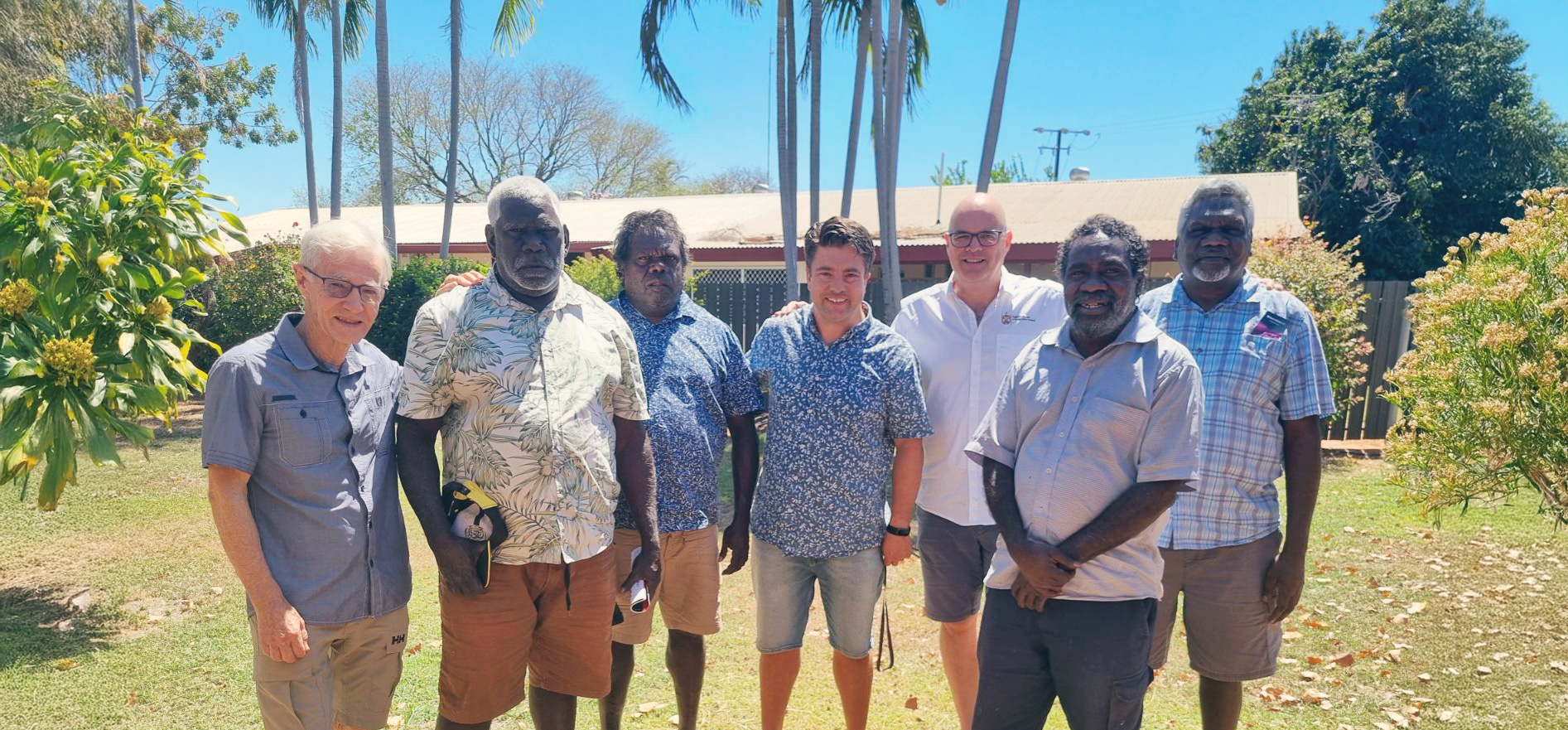Celebrating redemption with the Easter people
CMS worker M serves in the Middle East in a location where there are few Christians. She shares what Easter is like in her town.
Last night I went for a walk with a friend in the early evening. The dusty streets of this small Middle Eastern town were uncharacteristically quiet, with hardly a person in sight. Most of the shops were boarded up and the sound of car horns was strangely absent. As we walked, we enjoyed the festive lights hung up across the windows and watched the stray cats dart across the road.
‘Celebrating Easter in the Middle East is akin to nailing your Christian colours to the mast. As followers of Jesus, we identify as the Easter people.’
There is only one month in the year when the streets are this quiet, and this is in the fasting month of Ramadan. Each day, the fasting ends with a meal called Iftar (إفطار – breaking the fast) which is eaten just after sunset, when the mosque calls the Athan (أذان – the Islamic call to prayer).
Easter for the minority
This year, Easter feels a little different as it falls in the month of Ramadan. For the minority community of Arab Christians, celebrations begin by marking Palm Sunday, followed by special services for Good Friday and Easter Sunday. It is often hard to find a seat on Easter Sunday. Many attend the services who do not usually come. Arab Christians celebrate by visiting each other at home and sharing Mamoul (معمول – a sweet pastry made with semolina flour) over a glass of sweet tea.
Despite all this, you could blink and miss Easter entirely. There are no hot cross buns or Easter bunnies in sight, and I am yet to see an Easter egg in the shops. Easter Sunday is a normal working day for the country. While many Christians will take the time off, they stand apart in their celebration of a day that the rest of the country ignores. Celebrating Easter in the Middle East is akin to nailing your Christian colours to the mast. As followers of Jesus, we identify as the Easter people.
Easter and Ramadan
If there was ever a time to compare Islam and Christianity, surely it is in this month where we celebrate the death and resurrection of Jesus. While my friends seek to collect Hassanat (حسنات – good deeds) for their fasting, we have been given the incredible freedom and grace of having our sins forgiven without needing to collect merit points. In this month where food is on everyone’s mind, I am reminded that as recipients of God’s mercy, we truly bring nothing to the table.
In the coming days, I will try (with my broken Arabic) to share the Easter story with my friends. Most Muslims know that we celebrate Jesus’ birth at Christmas, but Easter is more confusing and less well understood. I want to tell them why it is crucial that the grave was empty. For only the empty grave gives me the hope that Jesus’ death was enough.
Of course, my Muslim friends do not believe that Jesus died, nor that he was resurrected. They do not believe that he was God in human flesh just like us, nor that he embodied all the sorrows and joys that we experience. And, by not believing, they miss the confidence and hope of the empty grave.
This confidence that our shame has been completely obliterated and the hope that, although this road may be potholed and hold many heartaches, we look forward to being in heaven with our brother and Saviour, Jesus Christ, the risen Lord.
PRAY
Pray for Christians in the Middle East as they live out their faith as a minority. Pray that God would bless workers like M with good language skills, wisdom and love as they build relationships with those in their community.












































































































